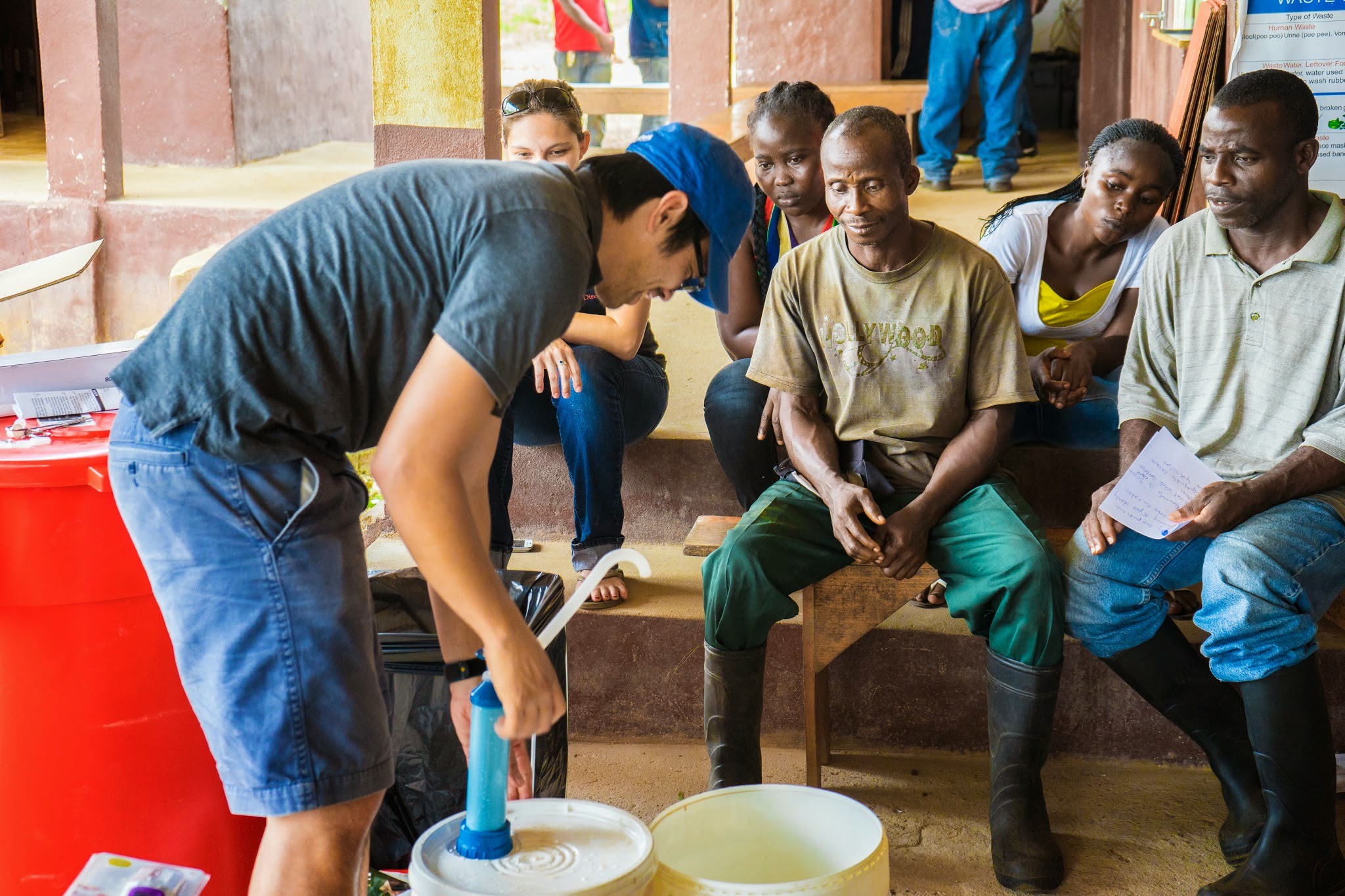Charitable giving peaks during this time of year when many Americans love to be generous. But how do you know how your donations are being spent? Before making any donations, donors should do their research to ensure they’re choosing wisely, and there are tools to help make informed decisions. Thomas Tighe, President and CEO of Direct Relief – one of the nation’s highest rated and most reputable NGOs – shares tips on charitable giving, explain red flags and offer recommendations for charities.

Here are some tips Thomas shared on the red flags donors should be aware of when getting phone or even email solicitations.
Urgency: You shouldn’t be made to feel rushed into donating – a reputable organization will understand if you need a few days to decide and do some research on the charity in question.
Vague Details: Don’t be afraid to ask exactly how your money will be used, and what percentage of cash donations goes to people in need (vs going to payroll or telemarketing). With the worst offending charities, only 2-3% of cash donations actually go to those in need.
The Name Game: Many organizations deliberately choose names similar to existing, well respected non-profits in an effort to mislead prospective donors into thinking they’re the same or affiliated.
In this interview, we find out more about Direct Relief, how can people sort through all the charities and pick the good ones, and what can charities do to win back public trust.
Do you have a charity that you support and would recommend to others? Share it in the comments!

 Hi, I’m Jonna. Welcome to naturally-glam.com where I share how I balance my life as a mother, wife, and influencer.
Hi, I’m Jonna. Welcome to naturally-glam.com where I share how I balance my life as a mother, wife, and influencer.
Very informative video. It’s so easy to fall for scams this time of year, especially when they tug on your heartstrings. I’ll be using this information when looking to give in the future.
Very smart tips about giving. It’s sad that these idiots prey on the kindness of people. It’s always wise to do a little research before parting with your money.
This is good to know information. Especially during the holidays when folks are in a giving mood. Thanks for sharing!
Great tips, this time of year scammers come out in full swing. I’m partial to donating to St. Jude. No family ever gets a bill so I can see exactly where my money is going.
Thank you for this list. These days I’m so skeptical of anything ground or organization that isn’t directly on the ground and/or run by locals in the community. I’ve just heard many stories about money never making it to its intended place. You just have to listen to what your spirit is telling you.
Yes, yes, and yes! I am pinning this and sharing it. I also hate how there’s a fame game when it comes to charities. I’ve been working with a local organization for breast cancer survivorship but others asked me why I wasn’t working with Komen. I wanted to scream! lol Such a timely post.
This was very helpful! I always do my research when seeing who I am going to help donate to. I want to make sure its one that touch my heart and really show results on how they are making a difference.
This is great. One of my goals for next year is to start giving more and these tips will be helpful in my charity search.
Thanks for this reminder. I need to update a holiday charity post for Georgia groups.
Really solid post. There are so many scammers out there and they prey on the generous nature of people, especially in times of crisis. Thank you for sharing.
Love everything about this post! It’s the season of giving, but such an excellent reminder to choose reputable orgs to support.
Great tips! I’ll have to remember these the next time we consider giving to a particular charity. My husband and I usually pick certain charities and organizations to give to that we have a personal relationship with someone who runs it.
The name game! I hadn’t thought about that one. This is the end of the year so there’s a lot of pressure out there to give before December 31st. Great post.
It is hard for me to pick a charity due to some being dishonest about where the funds go. This is a great start for making the right choice.
When finding a charity to donate it I would recommend finding a charity that accepts more than just donations of money. More often than not people feel more at ease when they’re able to give items they have to a charity that will use them to improve the lives of others. For example, Giving Center accepts a variety of donations such as cars, furniture, boats, homes, computers, and a lot more. With items like cars, and computers they typically fix them up and donate them back out to the communities they serve. If you’re interested in learning more about what they do and the other items they accept visit https://www.givingcenter.org/charity-donations.html